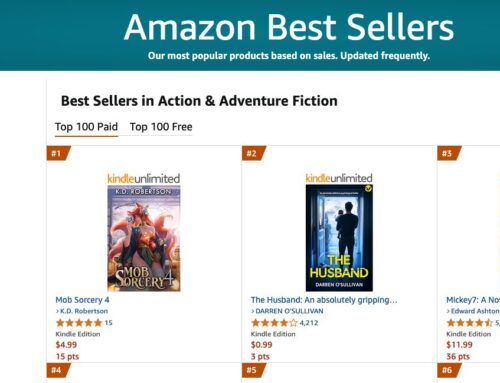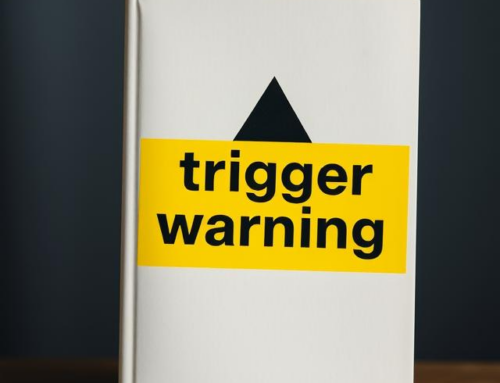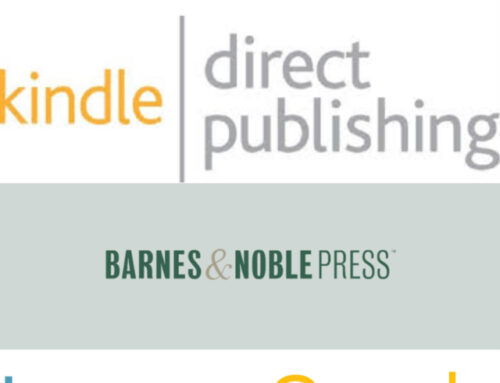I’ve written a book with a schtick.
If I tell you that when I first drafted my collection of Christmas-themed horror shorts they were as a gift for my wife, who loves the holidays like no doe-eyed child ever did, and that I genuinely wanted to explore the notion of ‘giving’ creatively, while reveling in a mythology that is all too rarely untouched by serious genre writers, precisely because the associated tinsel-trimmed gimmickry makes them seem corny or hackneyed: you still won’t care. If I tell you these things they will only ring as excuses: as the book enters the consumable market, it will be immediately identifiable as having strictly novelty appeal.
I must clearly be trying to exploit some satirical sensibility; going for that anti-festive buck. And I can only hope to market it in the two months before Christmas, but that won’t be seen as a problem because I’ve also clearly only written it to exploit that short-lived compulsion to snap up anything with the word Christmas written on it or a bloated robin on the cover. And, faced with this unshakeable world view, I freely admit that I’ve decided that I can’t beat ’em. Give the gift of the macabre, it says on my book’s website. I’m even encouraging folks to buy the eBook versions cheap and share them around, in the hopes that this will inspire them to buy print copies as stocking-filler gifts for those hard to buy for horror lovers. I’m targeting. Niche marketing.
I have a schtick.
This isn’t an odd, or even all that disreputable an approach for the self-publishing author. Or any author. Plenty of sources will suggest to you that you write for an identifiable market – after all, you’ve decided to make writing a profession, haven’t you, not just an expression of your artfulness? But for the self-publisher, exploiting smaller openings in the market is a particularly common suggestion. Author and self-publishing guru Chuck Wendig recently wrote in his excellent 25 Things You Should Know About Self-Publishing that the emancipated self-pubber will
“Find those things that no major publisher will touch but you have passion for, and put it out there.”
I think he imagines slightly purer motives than I do, but the advice is still the same. Do what needs to be done to overcome your marketing disadvantages.
Which I agree with – but still, I can’t get past the reservation that I didn’t write these stories just to make that easy buck. Indeed, I didn’t write the book for public consumption in the first place, and whatever life I’ve been able to give my stories and the poor souls within has been sincerely given, with passion and consideration. I don’t want to forget – let alone have others dispute – that what I’ve produced is my own literary voice first and a packaged product second. But I have made it public now, and must accept that I’ve thus relinquished a good deal of the say about how my work should be received. Still, I think this is a dilemma that those in traditional legacy publishing don’t get accused of to anywhere like the same degree. My experience in this has left me with unanswered concerns that the prevalent advice to self-publishers – namely that they strive to bend their voice to fit the fringe markets it can reasonably hope to thrive in – marks the average self-published work as something it isn’t: writing that the ‘average’ person wouldn’t want to read.
Get an Editorial Review | Get Amazon Sales & Reviews | Get Edited | Get Beta Readers | Enter the SPR Book Awards | Other Marketing Services























Don’t neglect the Goths. They have a singular appreciation of the macabre and while Halloween abounds in such things, you rightly note that Christmas is underserved in that respect.
Nothing but love for goths, Kate. Thanks for the comment.